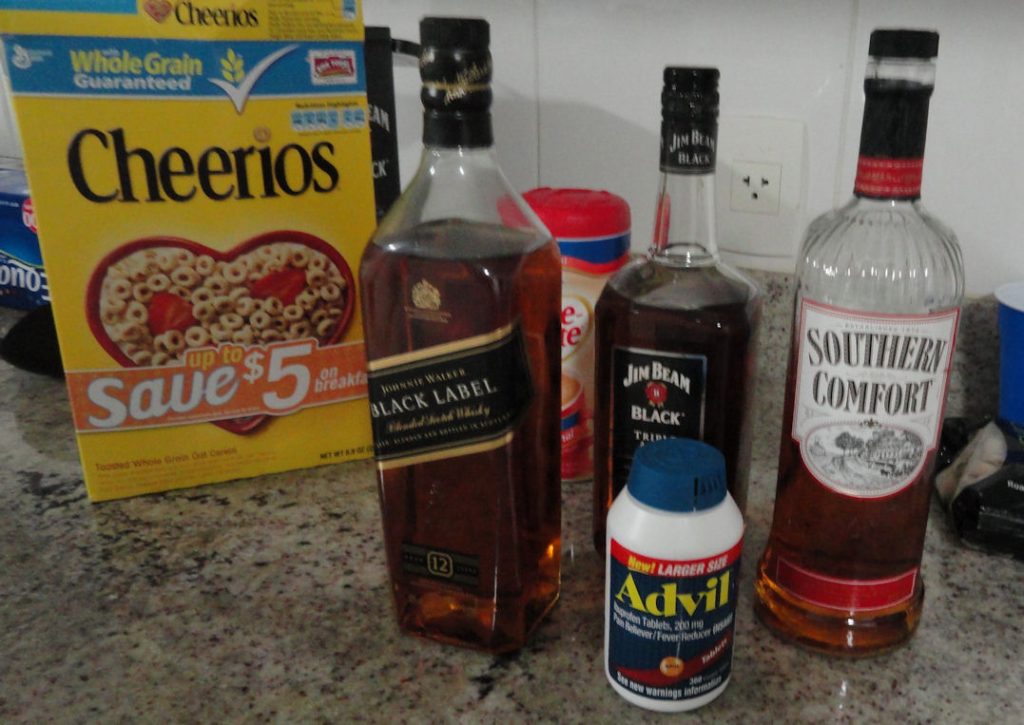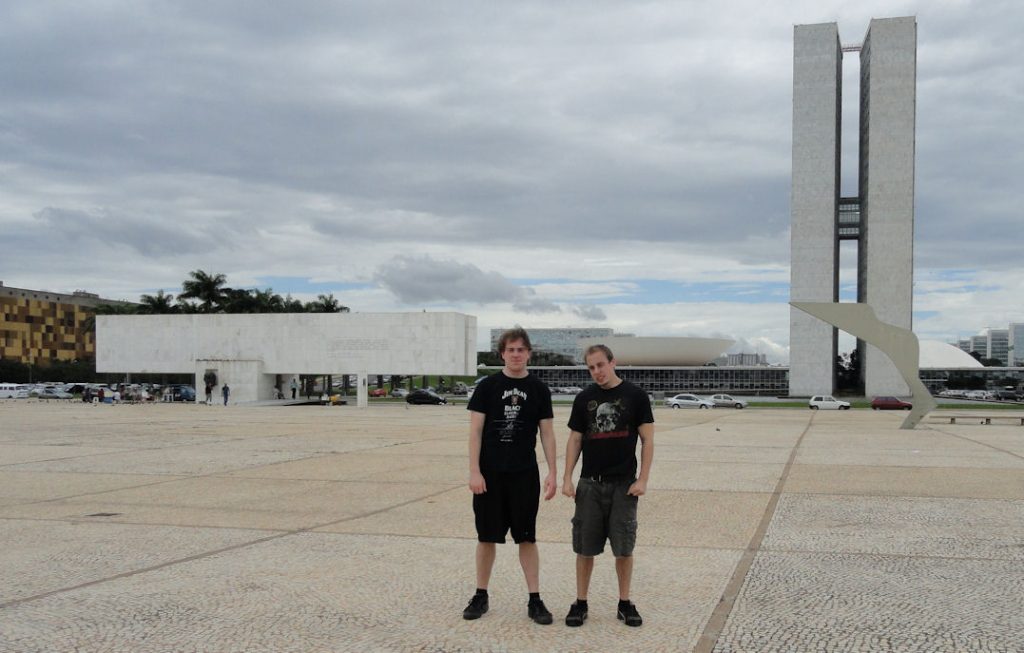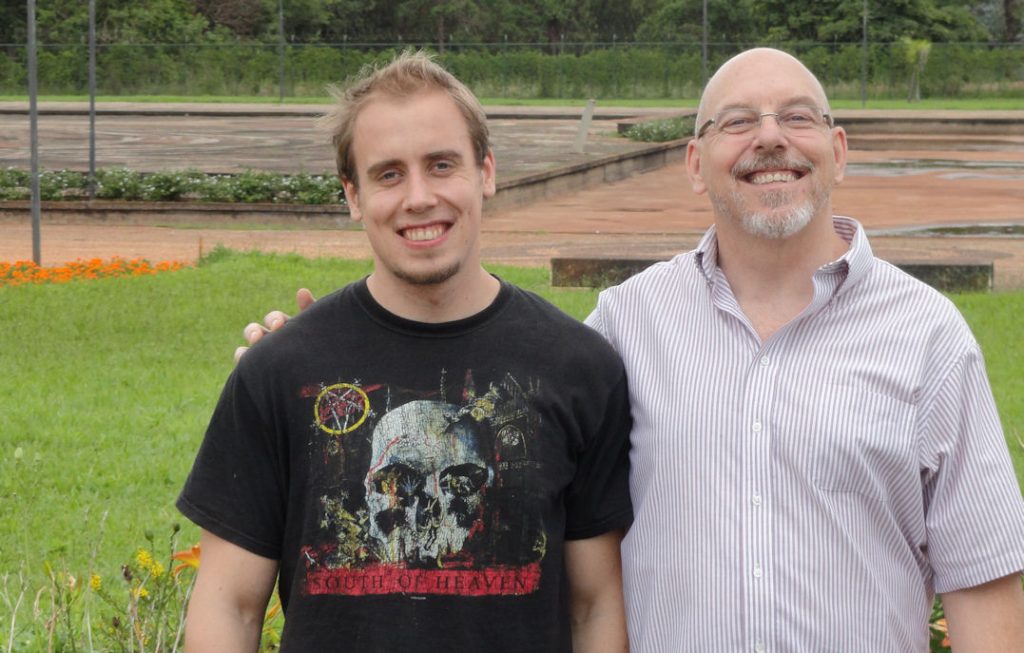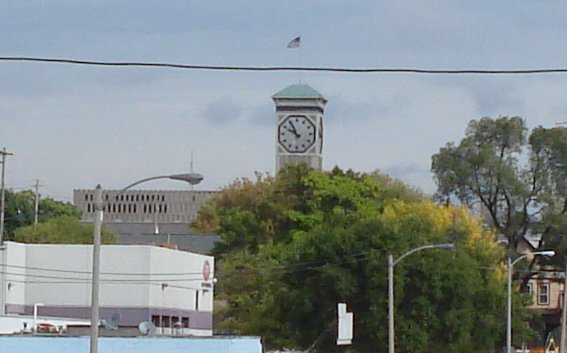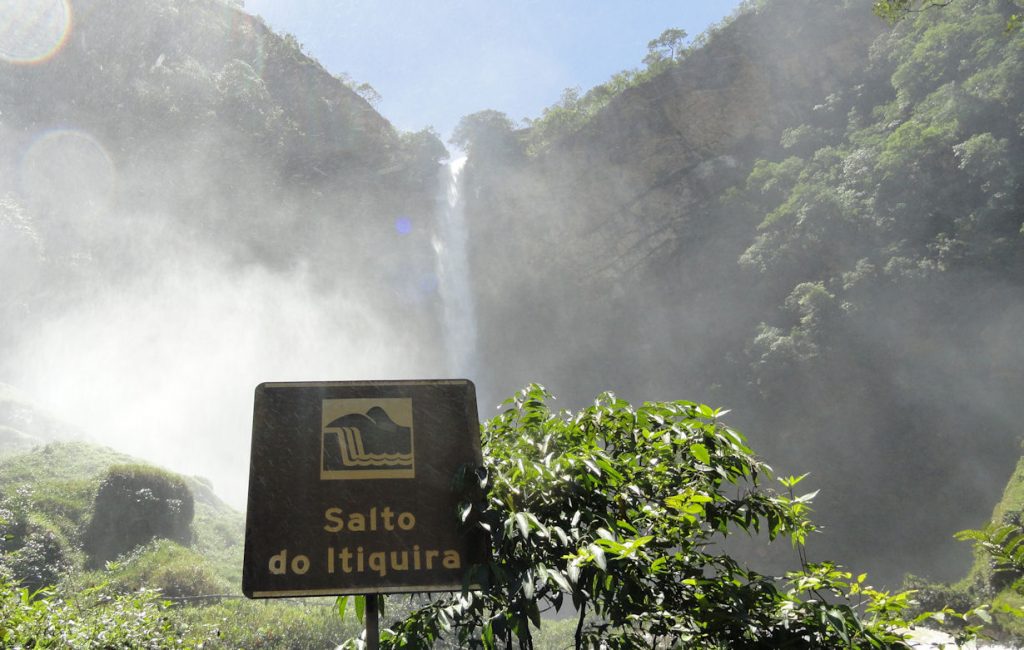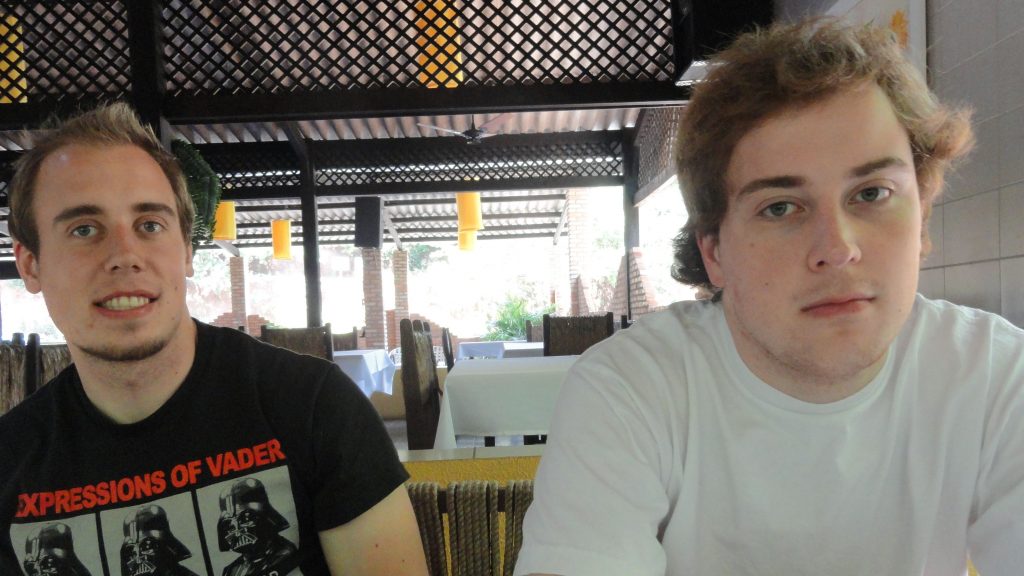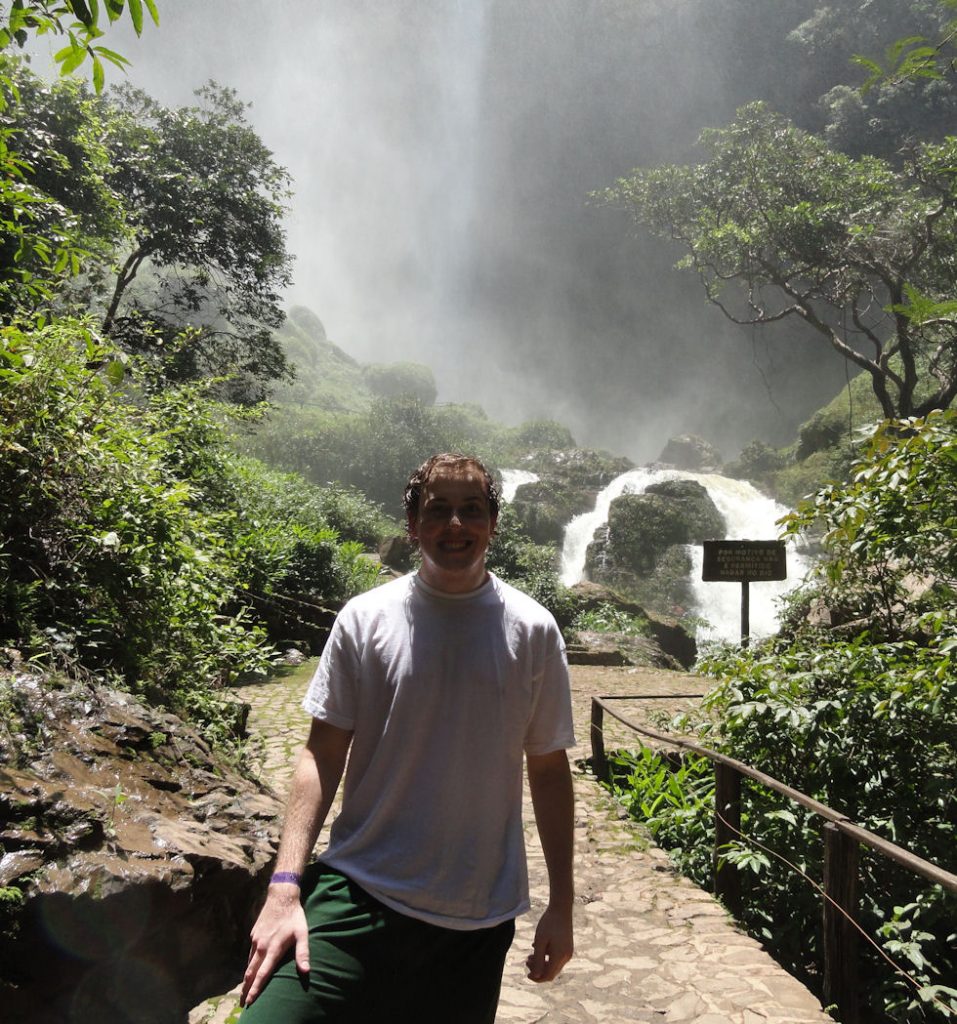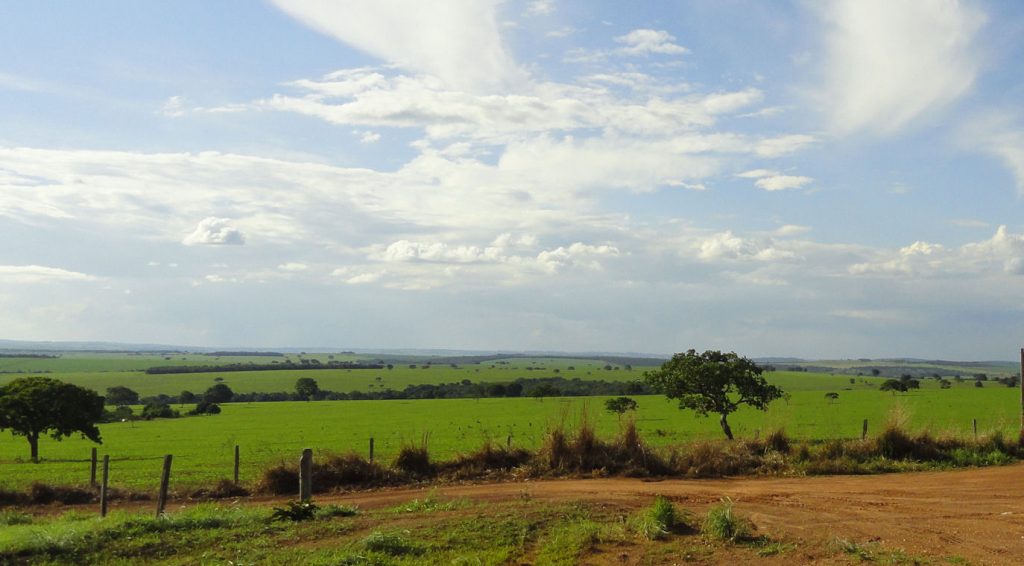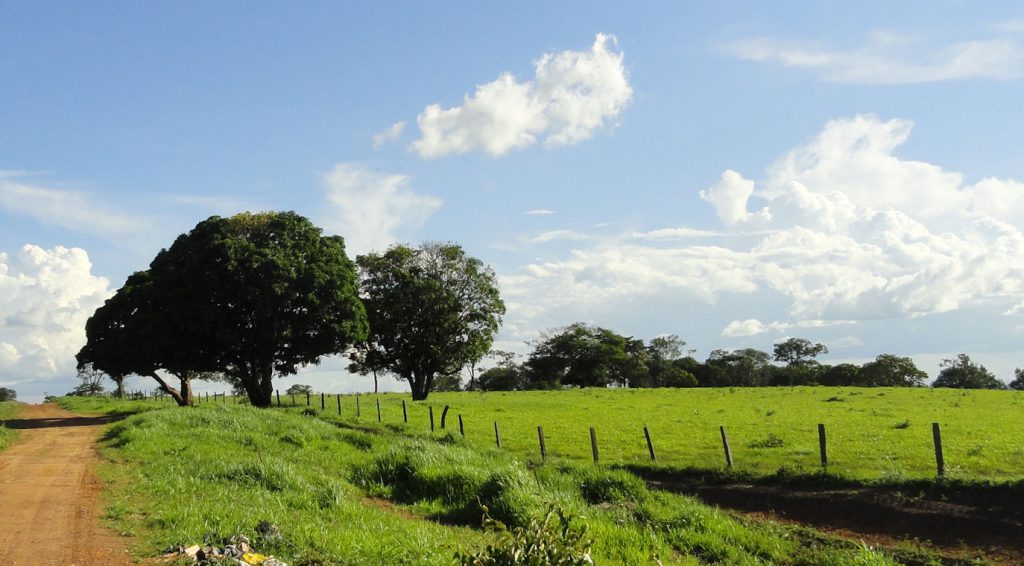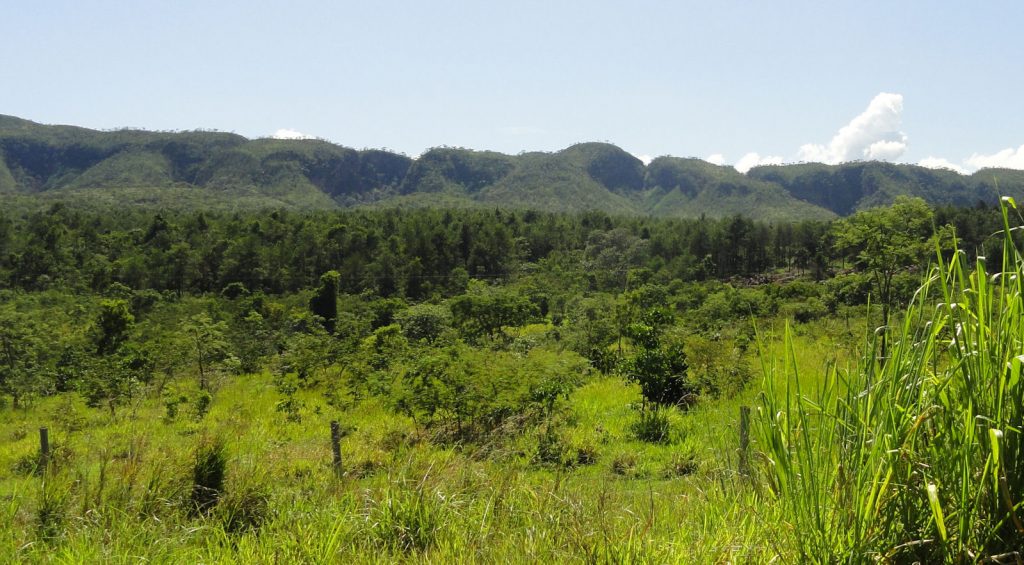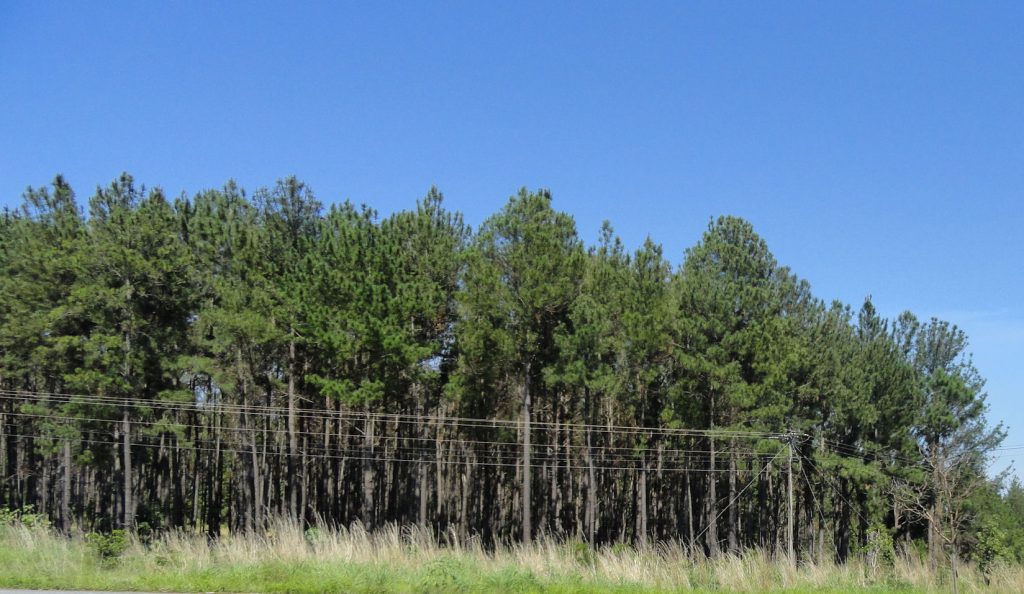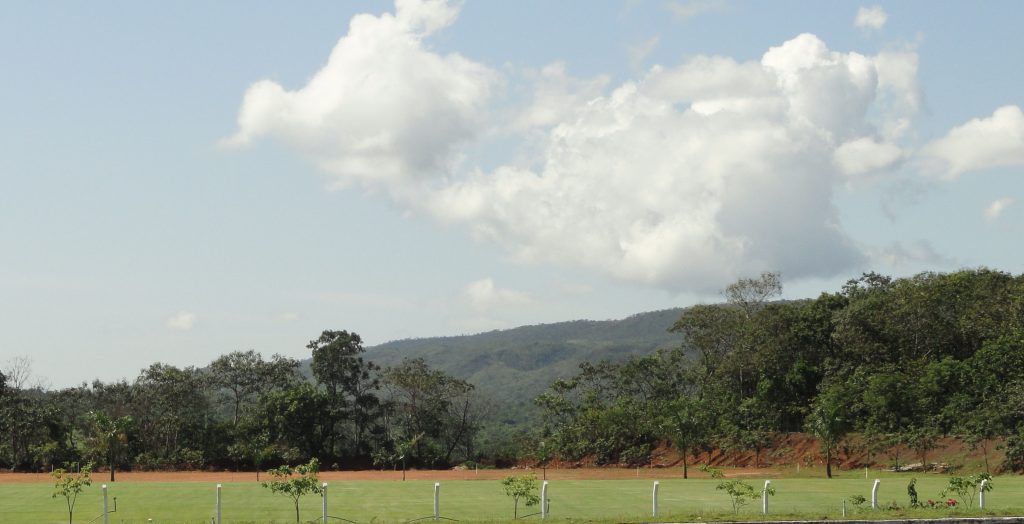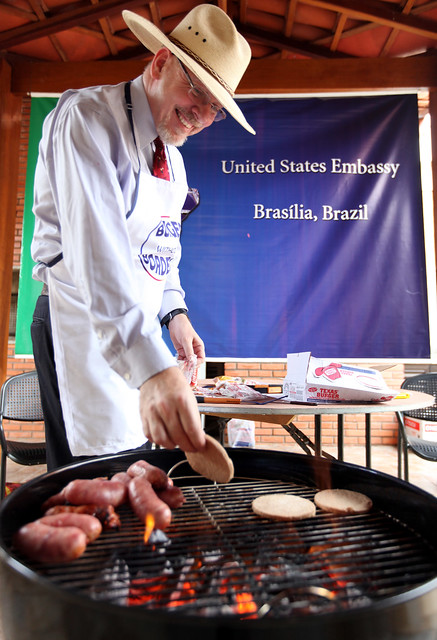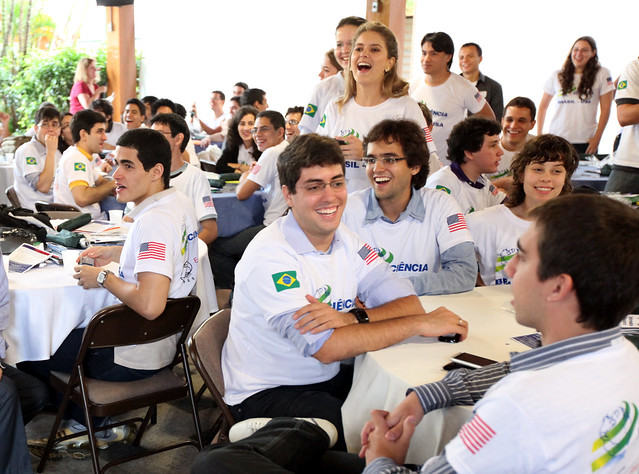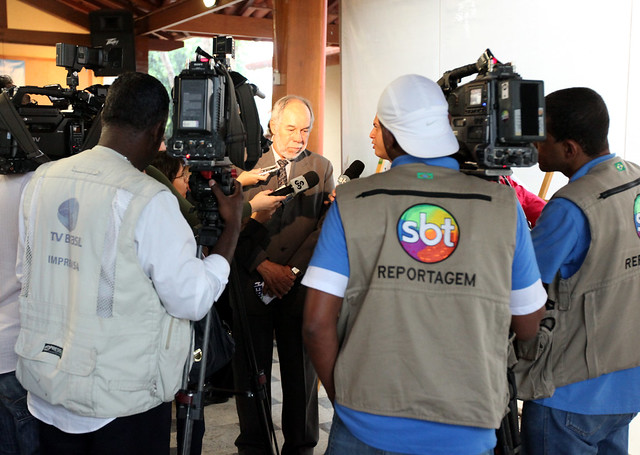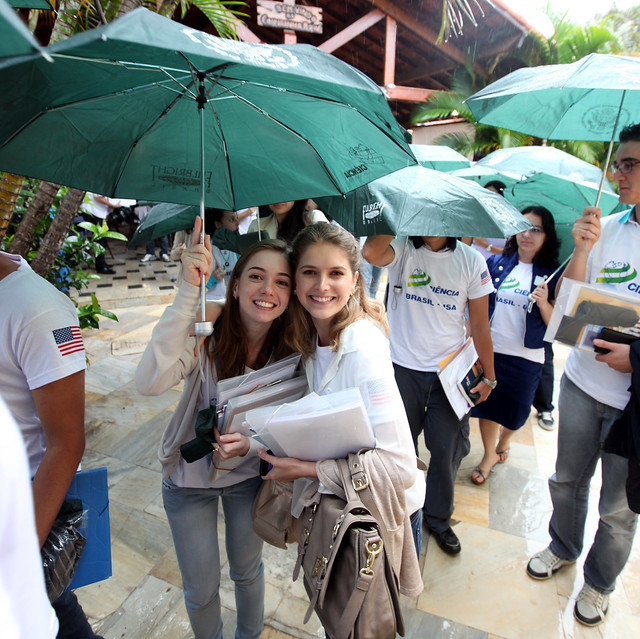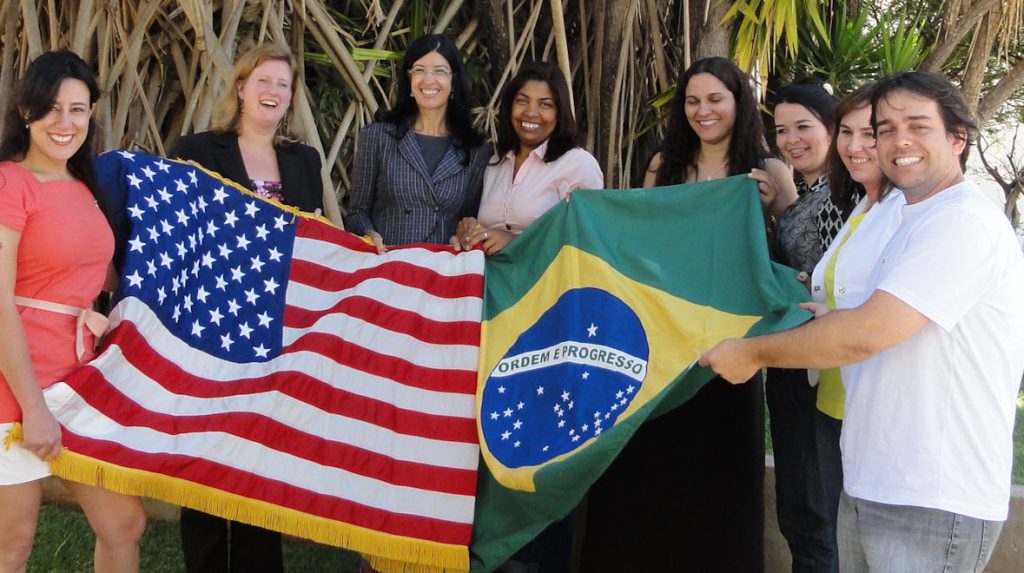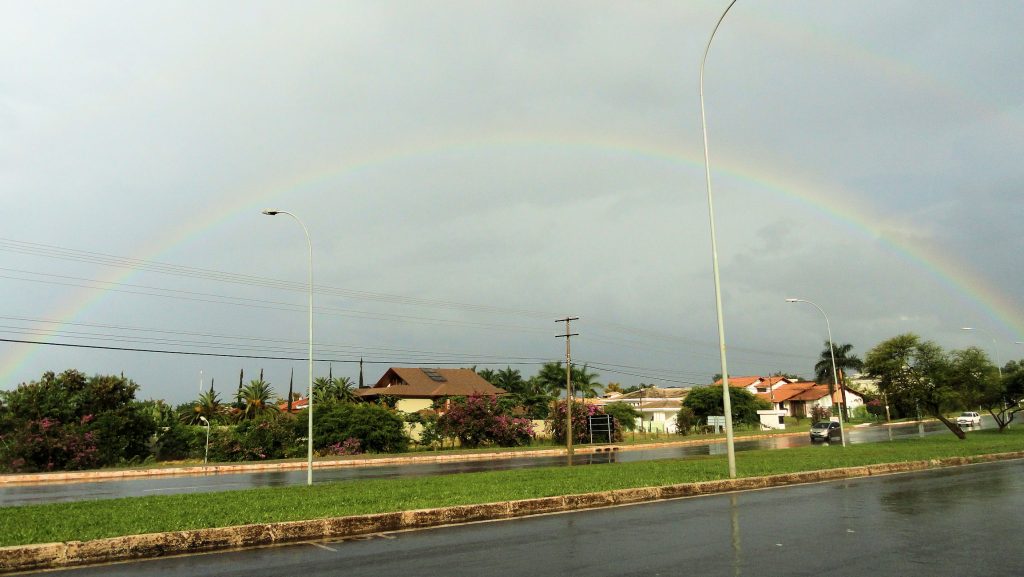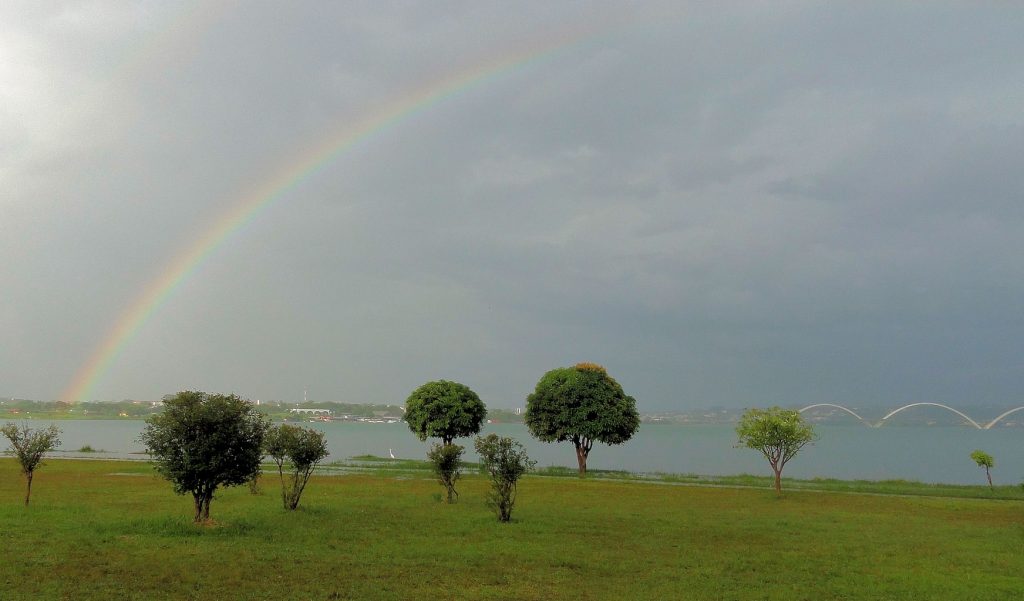Stephen Pinker is my favorite living philosopher of society. Some would correct me and say that he is a scientists and not a philosopher, but the two can overlap extensively. With all due respect to the ancient philosophers that I read and loved, many of the questions that perturbed them are now just “simple” matters of science. For example, philosophers argued back and forth for years as to whether humans were “blank slates” influenced only by their environments or whether they were determined by physical or genetic factors. Recent advances in science have made this argument mute.
People are born pre-programmed. A variety of talents, abilities, habits are inherited to some extent. On the other hand, within these constraints human behavior and preferences are highly mutable. (Science proved what any perceptive parent of more than one child already knew.) I take this to mean that you can have a lot of freedom to change things if you recognize and work with nature, its gifts and constraints.
That is what I liked about Steven Pinker’s book the Blank Slate when I read it about ten years ago. At first you might feel a little discouraged. Pinker points out that human propensity to violence, intolerance & sloth were bred into us during evolution. Humans of the stone age who didn’t react quickly and violently to threats didn’t usually live long enough to become our ancestors. The good news is that institutions of civilization and social constraints can (and have) made us behave in ways that are – well – more civilized and socially acceptable.
I just started reading Pinker’s recent book, the Better Angels of our Nature: Why Violence has Declined. I suppose that good intellectual rigor would dictate that I actually finish the book before commenting on the ideas, but I have read several reviews and I just finished reading an interview with the author in Veja that got me thinking about this. There is a good recent interview here. The best quick background is Pinker’s TED talk. (BTW – TED lecture are really interesting in general.)
Pinker studied statistics on violent deaths. Of course there are no statistics on Stone Age people in the actual Stone Age, but it is possible to study more modern Stone Age people. It turns out that murder rates among primitive people about which we have records are astronomical. It is a myth that people were good and later corrupted by civilization. Civilization civilizes and it is better than the alternative “natural man.”
Historical records are spotty at first, but it is clear that life was much more dangerous and violent in any ancient or medieval period we study. Death was a penalty for all sorts of minor crimes. And was often inflicted in the most cruel way possible. Torture was common. Entertainments were cruel and bloody. But things improved, at least in the west.
Despite the great wars and murder on an industrial scale, the 20th Century has been the least violent in history. Of course, more total numbers of people have been killed, but that is because there are more total people. The proportions are way down.
Most people can vouch for this, if they think about it for even a short time. It is only in recent times that most of the population could expect to live a long life w/o ever being the victim of the deadly violence that was common to all humankind in the past.
Pinker has to take a lot of crap for pointing out the truth. One reason is simply because most people like to think they live in the most challenging times. Beyond that, we have much better reporting. If a couple people are killed in nasty ways anywhere in the country and increasingly the world, we get graphic and memorable details on the news.
A counterintuitive reason might be that things are actually improving so quickly that it makes the remaining problems seem that much worse. We repent much more sorrowfully the fewer acts of terrible violence because they seem more personal. “The death of one man is a tragedy; the death of a million is a statistic,” is as quote attributed to Stalin, who understood how to kill individuals and millions. It is nasty, but perhaps accurate. We get inured to lots of violence and more afraid of a little.
Pinker also has to face what we might call the miserly industry. Politicians selling programs and NGOs seeking donations need to paint the in the direst colors. Pinker is a brave man to take this on.
Of course, why violence has declines is important. What goes down in human behavior could go back up. Pinker does not think the explanation is that humans have improved or human nature has changed. He is too much a scientist to think these things. He does not try to make a comprehensive explanation, but he mentions some possibilities. The first is the rise of stable states. He doesn’t use the word strong, but prefers competent in the sense of keeping order and satisfying the basic needs of its people. Competent states must be strong, but not all strong states are competent. Nazis & communists had strong states.
Another explanation is free trade. In one of the interviews, Pinker quoted that “we can’t bomb the Japanese because they make my minivan.” Free trade goes with communications. The more we see people are being like us, the less likely we can treat them as sub-human.
We may be less violent because there is less incentive. Hunter-gatherers are always ready for violence. They sometimes commit violence because they fear violence from others and sometimes just to rip off their neighbors, which is one reason everybody fears violence from others. War used to be profitable, at least for the winners. Not so much anymore. Finally, there is a prosaic reason of habit. Many of us have lost the habit of using violent solutions.
I don’t think violence or war will ever go away, but we have seen less of it. I have never been a victim of serious violence. I felt it personally when Alex was a hate crime victim. This is the kind of senseless thing you cannot purge. His attackers didn’t know him or try to rob him. They merely acted out of the dark demons of human nature. I saw war in Iraq and like many observers, I was stuck by the banality of violence. I saw violence drop not because of persuasion but mostly because the Marines and our Iraqi allies established predictable order.
Violence and disorder always lurks under our veneer of civilization. The threat never is gone. We have to work all the time to channel the primitive passions and animal desires. I say “channel” not suppress. These impulses are sources of our energy and creativity. The uncivilized human is not evil or sinful, as was widely thought in some religious circles, but neither is there any such thing as a noble savage. Both these notions have caused great misery, as have the ideas that human behavior is determined by genetics or that humans are blank slates on to which society can stamp any design.
Life provides us with a never ending series of constrained choices. It is certainly not true that anything is possible, but making good choices can expand our contentment as well as our ability to make more good choices. Some human problems are intractable and some “problems” are not really problems in the sense that they cannot be solved. If we ask the wrong questions, we will come up with the wrong answers. We will never achieve a society where everybody is equal because people are not equal. We will never achieve a society w/o violence because people have propensity to selfishness which sometimes leads to violence.
But if we recognize constraints, we can achieve better results. “Going back” to a more primitive society is not an option. It would add to misery. Life was nasty, brutish and short in earlier periods. Going “forward” to a utopia is also not possible. Life is actually pretty good for most people in our Western market democracies and it is getting better for those in the developing world. Maybe we will just have to manage with what we have.

